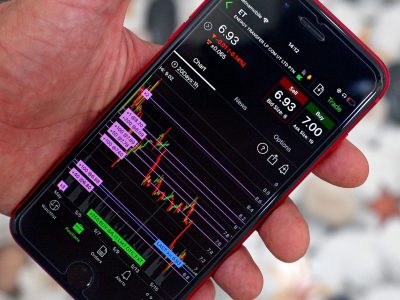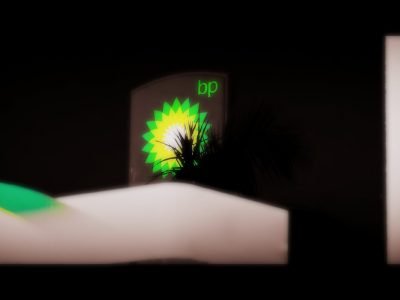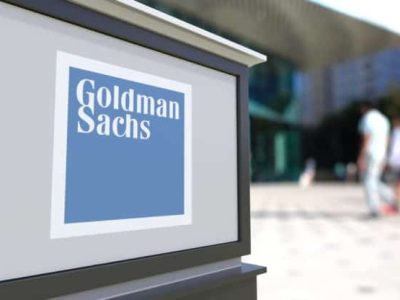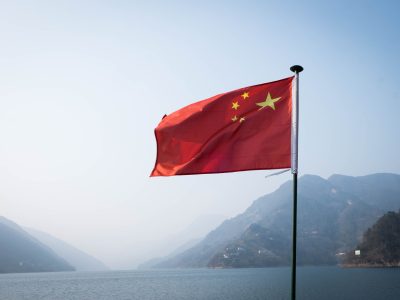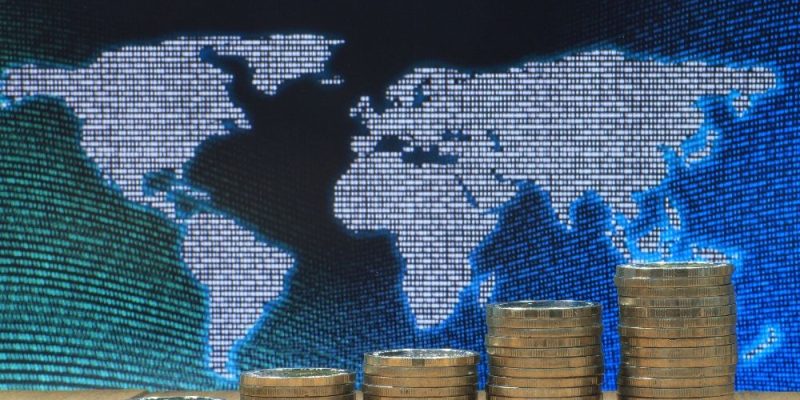
In a move to strengthen its economy and tackle urgent social challenges, Argentina has reached an important financing agreement with the World Bank and the Inter-American Development Bank (IDB).
The recent announcement from the country’s economy ministry reveals an infusion of $8.8 billion, which is vital for Argentina’s financially strained government as it faces difficult economic conditions.
As part of this funding package, the World Bank would invest $2 billion in the coming months to support social welfare activities.
A substantial percentage of these monies will be directed into important sectors such as education, transportation, and electricity expenditures, primarily assisting the most vulnerable segments of society.
Furthermore, the World Bank will invest an additional $3 billion to support private sector projects over the next few years.
This investment is anticipated to boost projects in critical areas such as mining, renewable energy, healthcare, steel, and aviation, demonstrating a comprehensive approach to fostering economic growth and sustainability.
IDB’s support: enhancing social and economic development
The Inter-American Development Bank (IDB) is also stepping in to help Argentina, allocating more than $2.4 billion to government programs targeted at increasing social welfare.
The IDB, like the World Bank, will focus its support on important areas such as education and energy services, with a particular emphasis on disadvantaged communities across the country.
Furthermore, the IDB will invest an additional $1.4 billion to strengthen the private sector, underscoring both institutions’ collaborative endeavour to improve Argentina’s economic landscape over the next two years.
In a statement about this collaboration, Economy Minister Luis Caputo emphasized the importance of this financing in steering Argentina toward economic recovery and social improvement.
He underscored the essential role of international lenders in assisting the country’s efforts to overcome a prolonged period of economic decline.
This announcement follows high-level meetings in Washington, where Argentine officials and representatives from both the World Bank and IDB engaged in discussions to finalize this significant financial support.
Why is this funding so vital for Argentina right now?
Argentina’s annual inflation rate rose by 209% in September, marking the fifth month of disinflation and the year’s slowest growth, down from 236.7% in August and generally in line with projections.
Argentina’s GDP dropped 1.70 per cent in the second quarter of 2024 compared to the previous quarter. Argentina’s GDP growth rate averaged 0.46 per cent from 1993 to 2024, with an all-time high of 10.94 per cent in the third quarter of 2020 and a record low of -13.95 per cent in the second quarter.
While Milei’s administration has successfully cut inflation and steadied the economy, its policies have sparked social unrest and widened the country’s poverty gap. Furthermore, Argentina still has the highest inflation rate in Latin America.
With these funds now available, Argentina is well-positioned to address immediate social and economic issues while also laying the groundwork for long-term strategies that emphasize inclusivity and sustainability.
Overall, the considerable financing from the World Bank and IDB reflects the international community’s confidence in Argentina’s capability to navigate through economic challenges and emerge resilient.
This partnership opens the door to a more stable and prosperous future for the South American nation, fostering a spirit of collaboration and support in the broader context of global economic recovery efforts.
The post Argentina secures $8.8 billion in financing from World Bank, IDB appeared first on Invezz

